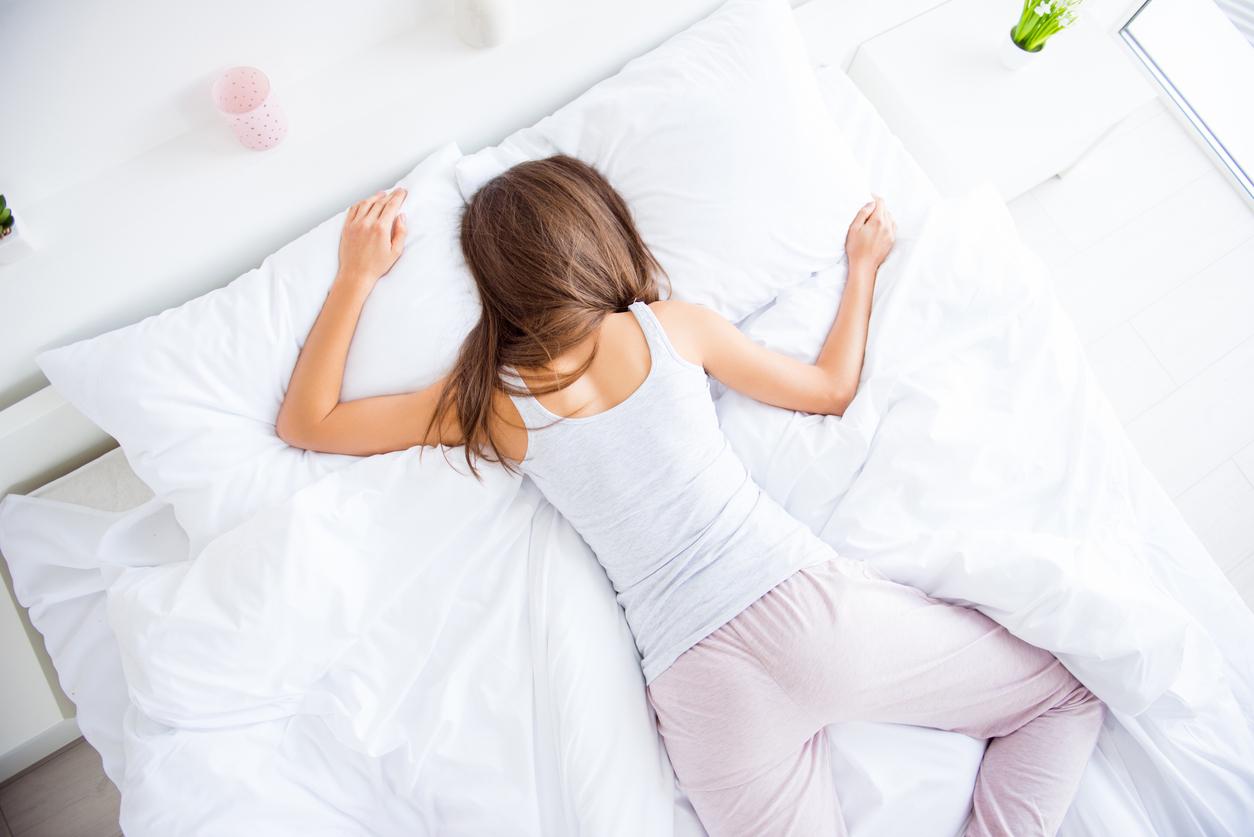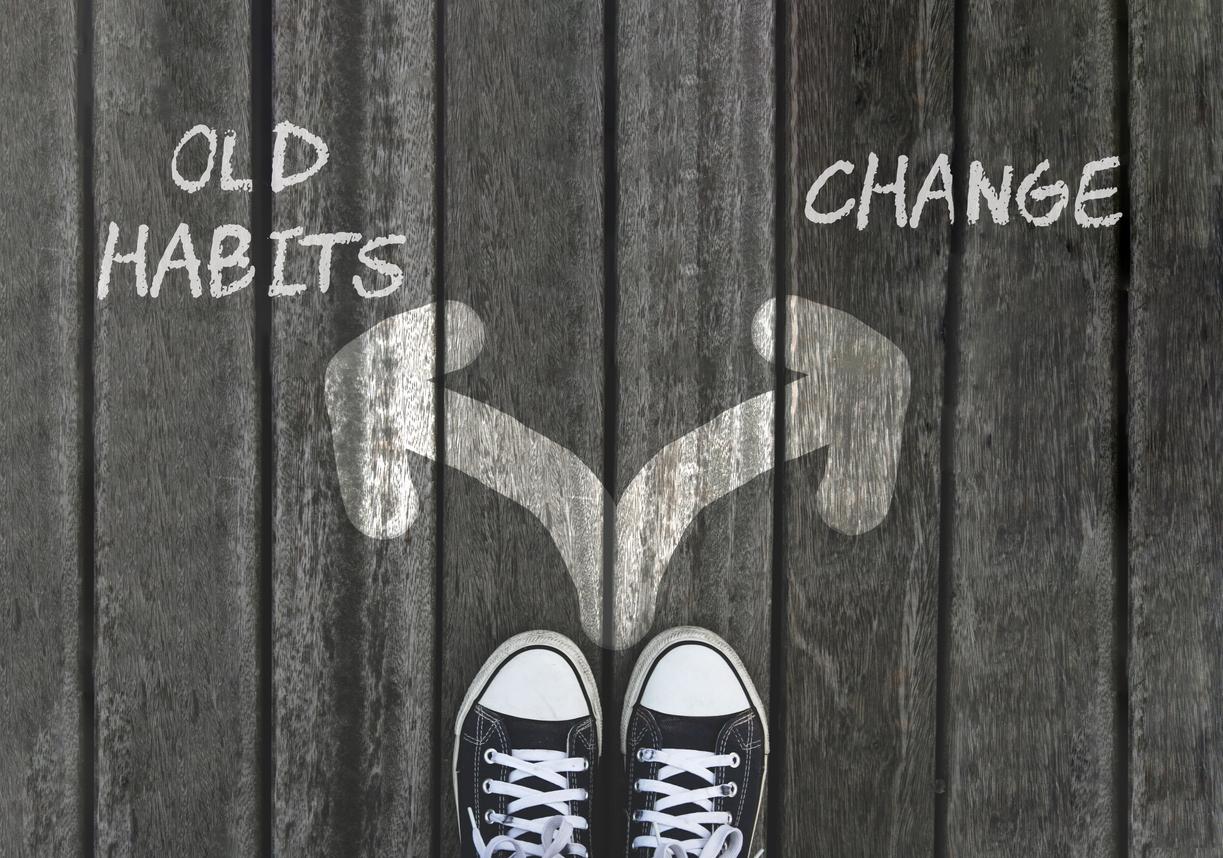
The best time is between ten and eleven o’clock in the evening
Where one can only fall asleep around midnight, the other prefers to crawl under the wool at nine o’clock. Which is better for your health? Research shows that when you go to sleep at a certain time, you have a lower risk of cardiovascular disease.
The British University of Exeter has conducted research into the healthiest time to go to sleep. Heart health was central to this. What seems? If you don’t close your eyes until after midnight, you have a higher risk of cardiovascular disease than if you go to bed earlier. The chance that you will get this even increases by 25 percent.
Do you go to bed extra early and do you sleep before ten o’clock in the evening? Unfortunately, according to the research, your risk of cardiovascular disease also increases: by 12 percent. It turns out that the best time is between ten and eleven o’clock. Then the risk of cardiovascular disease would be lowest.
heart health
For the research more than 88,000 people were examined using measuring equipment that measures sleep and wake time. Based on this, a link was sought between the onset of sleep and the occurrence of cardiovascular disease. A side note: Only this data has been looked at, but there are of course many more factors that influence your heart health, such as diet, exercise, alcohol consumption and even heredity. Sleep quality was not considered during the study. This is also important for your health, because with good quality sleep your body recovers better than if you sleep lightly and restlessly.
Sunlight
Sleeping late or early can be unhealthy due to the lack of sunlight. “If you go to bed late and get up late, your body misses signals from nature, such as the morning sun,” said lead researcher Professor David Plans. The Telegraph. “That light helps reset our internal clocks on a daily basis. If you don’t, it can have negative consequences for your cardiovascular health.” More research is needed, he said, to find out exactly how this works.
Sources):
















